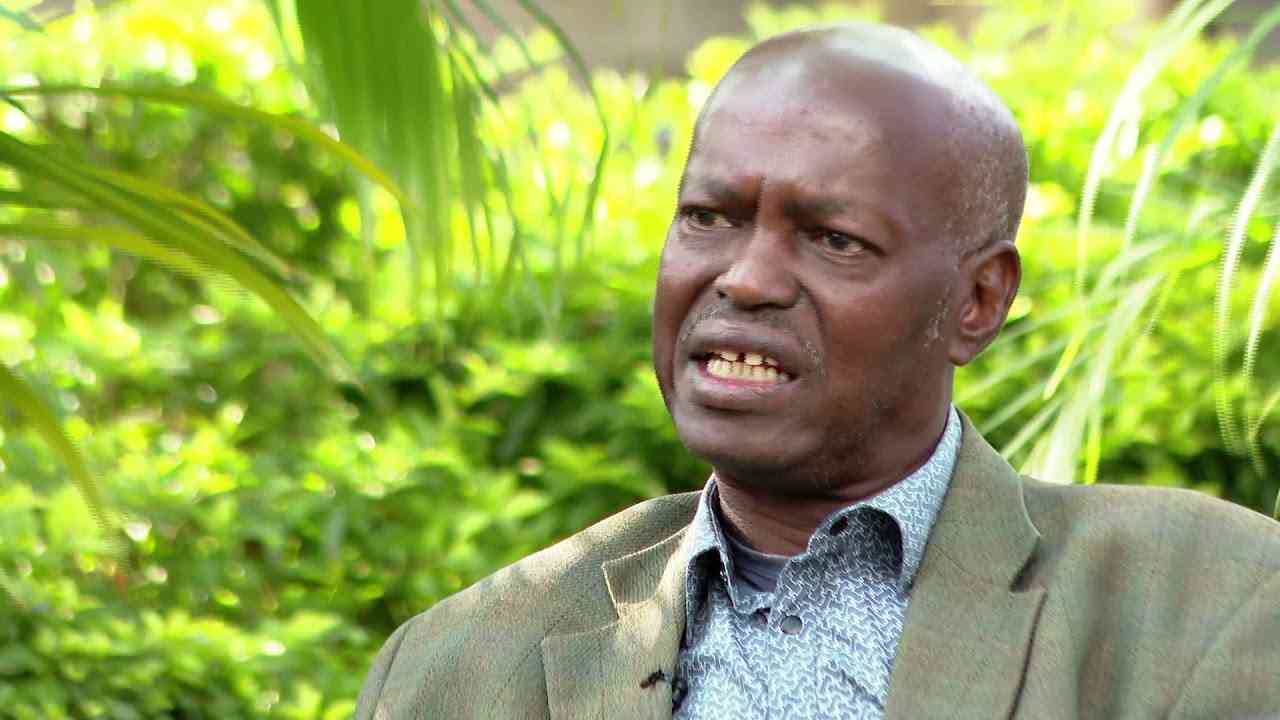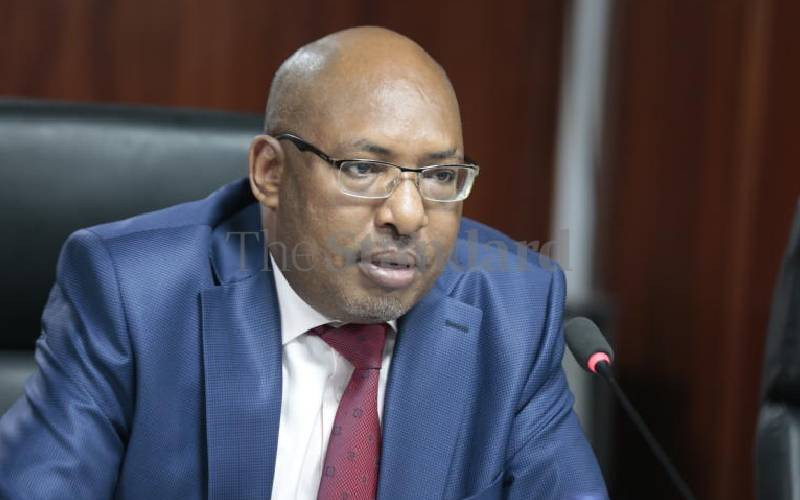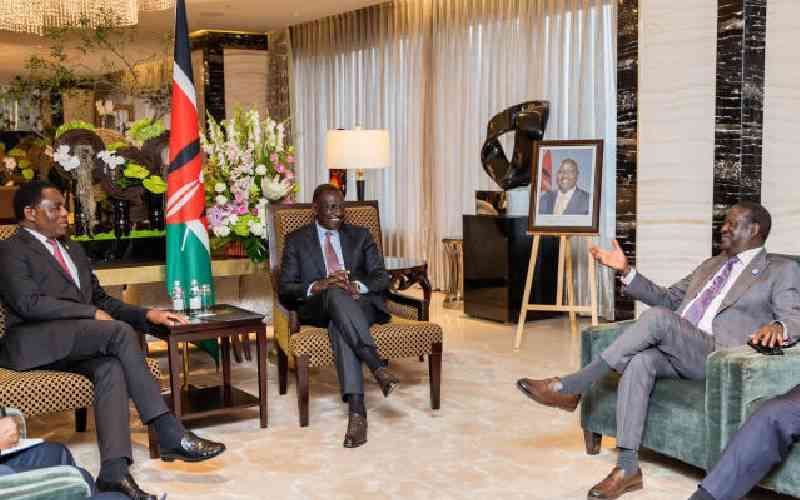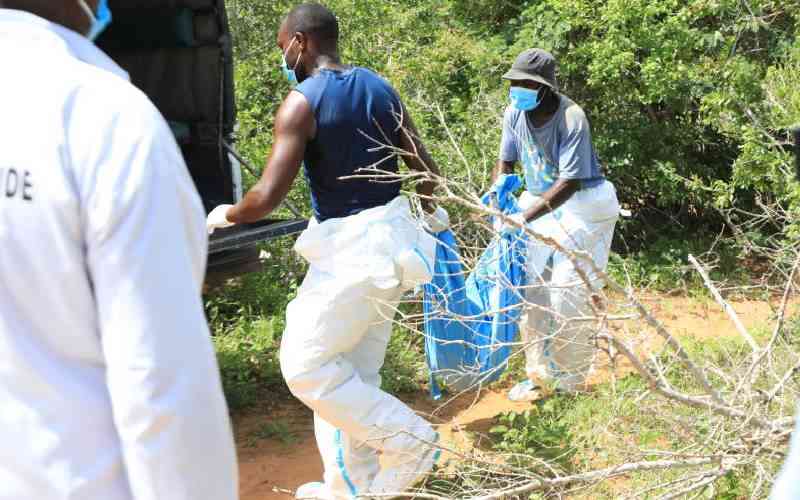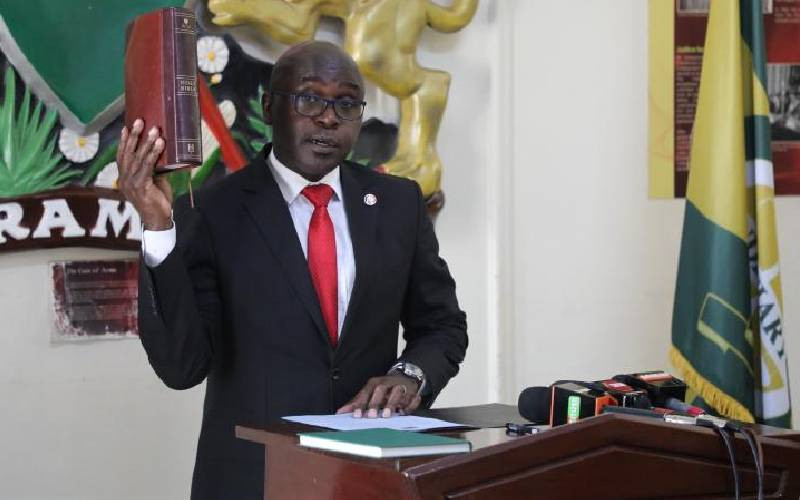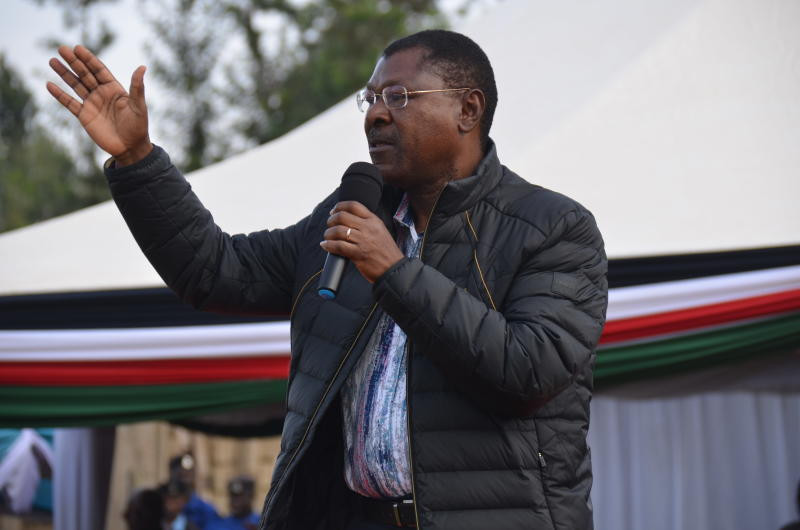By NICHOLAS WAITATHU
For the first time in many years, Kenya’s tourism sector is faced with a crisis that has seen the number of tourists plummet.
Compared to last year, this year’s revenues nose-dived by Sh7.6 billion owing to the continued political instability in the country. The controversial March 4 elections have been blamed for the tourism sector’s instability.
The trial of President Uhuru Kenyatta and his deputy William Ruto in the ICC on charges of crimes against humanity has created a perception within the international community that Kenya is an unstable country.
The issuance of travel advisories by foreign governments over a number of issues ranging from insecurity to terrorism attacks has reduced the number of foreign tourists, which has in turn led to the closure of hotels, loss of jobs and dismal performance in other sectors of the economy like agriculture and transport.
These events have created fear in the tourism sector and are a cause for worry within the government, particularly the ministry charged with tourism.
Kenya is known for its remarkable landscapes, wildlife, and cultures. From sweeping savannahs to tropical beaches and coral reef, dense equatorial forests to mighty snowcapped mountains, Kenya is a world unto itself.
However, the country faces increased competition from alternative tourist destinations such as South Africa, Morocco, the Far East and Asia. Internally, the sector has suffered from hostile political climate that has reduced travels by local and foreign visitors to tourist attraction sites.
Last week, Cabinet Secretary for East African Affairs, Commerce and Tourism Phyllis Kandie said even though the sector was bouncing back, hostile political environment among other factors contributed to a Sh7.6 billion decline in the period that ended June 2013.
“During the elections period, tourists delayed their visits to the most beautiful scenes in the country. The slowdown by the visitors denied the economy about Sh8 billion,” said Kandie.
She said the number of international tourists reduced months before the March 4 polls because of fear over violence outbreak.
External factors
For the period that ended June 2013, the sector recorded decline both in revenues and international arrivals, which accounted for 7.4 per cent and 8.8 per cent.
The tourism sector contributes about 11 per cent of the gross domestic product and provides employment to hundreds of thousands of Kenyans in the formal and informal sectors. Revenue decreased to Sh96.24 billion compared to Sh103.91 billion in the 2011-12 financial year.
During the review period, international arrivals decreased to 1.1 million from 1.2 million in 2011-12, casting doubts on the government’s determination to achieve a projection of two million visitors by 2014.
Stay informed. Subscribe to our newsletter
Even though the sector suffered from external factors such as the Euro crisis, uncertainty surrounding the March 4 election is largely to blame. For example, in February and March 2013, international arrivals declined by 30.5 per cent and 26.9 per cent due to elections.
The drops experienced over the two months contributed to a decrease in international arrivals by air and sea, which closed at 495,978 compared to 564,261 in the same period in 2012, accounting a 12.1per cent decline.
Kenya Tourist Board Managing Director Muriithi Ndegwa says the Eurozone crisis, perceived insecurity, competition from other destinations and uncertainty over the March 4 elections contributed negatively to the performance of the sector.
“The Euro crisis affected key tourism source markets such as the United Kingdom, US, Italy and Germany, leading to the drop, though regional segments recorded an upward growth,” says Mr Muriithi.
Back on track
But the tourism sector is not new to consequences of hostile political environment. Since the advent of multiparty democracy in 1992, there has been political related violence which scare away tourists. In 1997, the Coast region was engulfed by Likoni clashes that led to closure of many beach hotels and contributed to high unemployment levels.
Announcing the tourism earnings, Kandie expressed optimism that the sector would soon be back on track.
“We have registered upward growth from the month of May after recording a drop in the months of February and March due to electioneering and we believe this is indicative that the sector is on track,” she said.
The country’s accommodation facilities, she said, are fully booked during the current high season. Further, Kenya Airports Authority has reported an increase in passenger traffic in July and August.
To ensure the sector has recouped its optimal performance, the government is planning tourism conferences to be held between September and November, most of which will be graced by foreigners.
Some of these conferences include the Eco-Tourism and Sustainable Tourism Conference to be held later this month, World Travel Awards (WTA) in October, and the third edition of the Magical Kenya Tourism Expo (MKTE) to be held in October.
The others include the African Hotel Investment Forum (AHIF) scheduled for later this month, and the Astro-Tourism forum which will give stakeholders an opportunity to watch the solar eclipse.
Locally, more activities, including the Lake Turkana Cultural Festival, Maralal Camel Derby and the Lamu Cultural Festival are other events that will attract local and international participation.
“The renewed vigour we have exhibited to reposition Kenya as a preferred tourism destination at a time when there is increased competition from other destinations and dynamic shifts in source markets will definitely bear fruit,” said Kandie.
 The Standard Group Plc is a
multi-media organization with investments in media platforms spanning newspaper
print operations, television, radio broadcasting, digital and online services. The
Standard Group is recognized as a leading multi-media house in Kenya with a key
influence in matters of national and international interest.
The Standard Group Plc is a
multi-media organization with investments in media platforms spanning newspaper
print operations, television, radio broadcasting, digital and online services. The
Standard Group is recognized as a leading multi-media house in Kenya with a key
influence in matters of national and international interest.
 The Standard Group Plc is a
multi-media organization with investments in media platforms spanning newspaper
print operations, television, radio broadcasting, digital and online services. The
Standard Group is recognized as a leading multi-media house in Kenya with a key
influence in matters of national and international interest.
The Standard Group Plc is a
multi-media organization with investments in media platforms spanning newspaper
print operations, television, radio broadcasting, digital and online services. The
Standard Group is recognized as a leading multi-media house in Kenya with a key
influence in matters of national and international interest.


